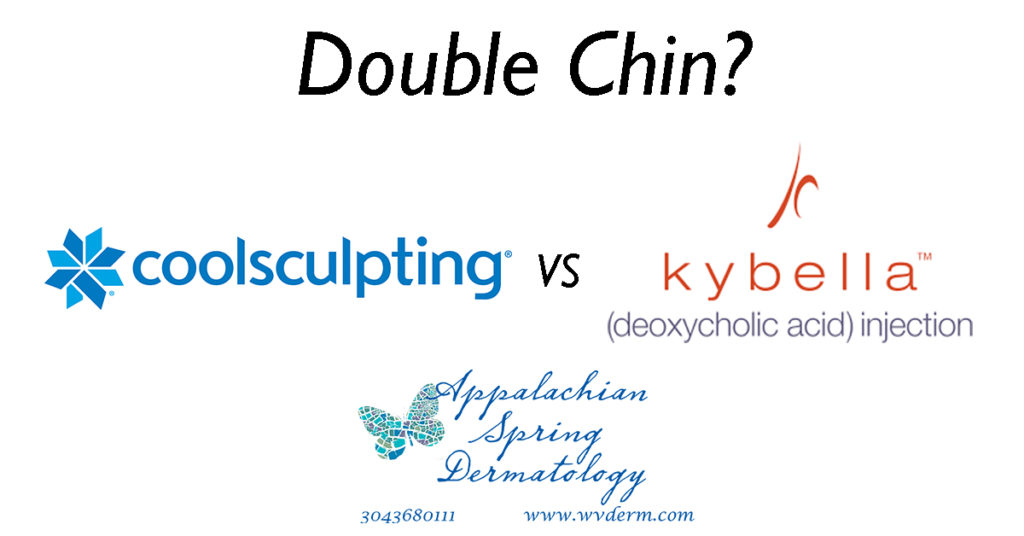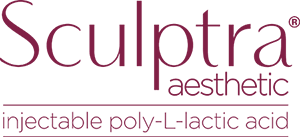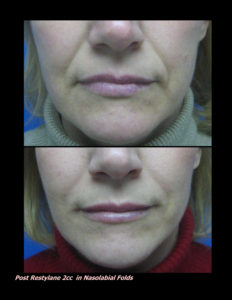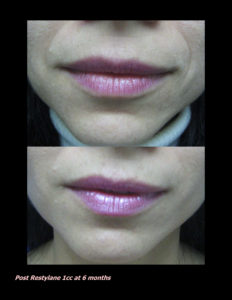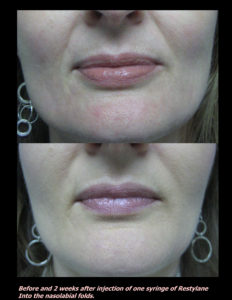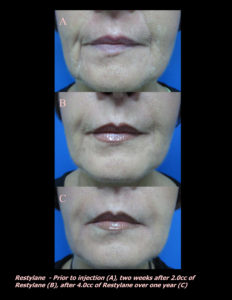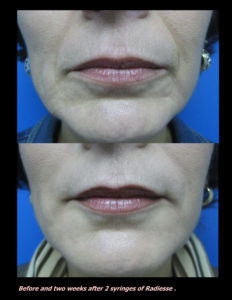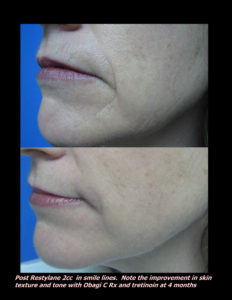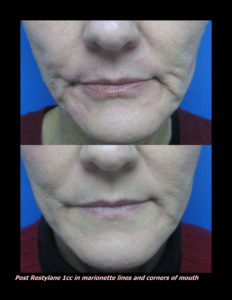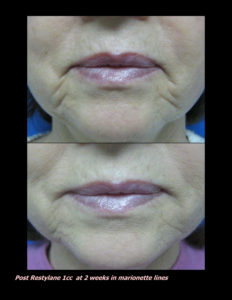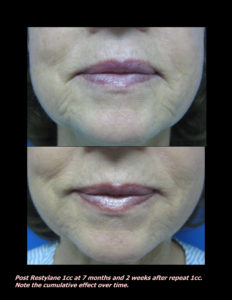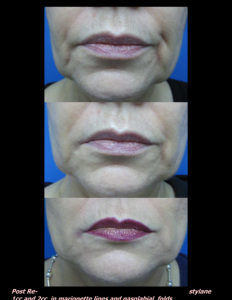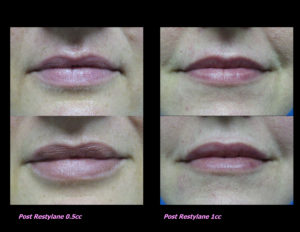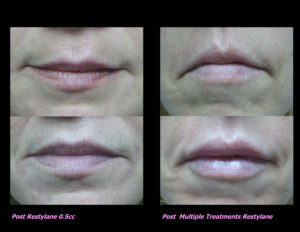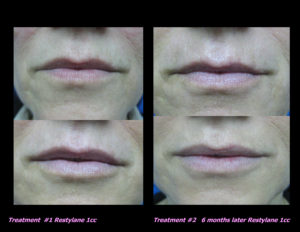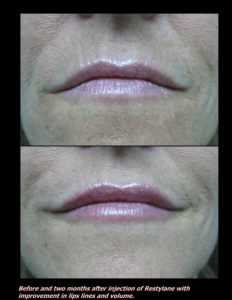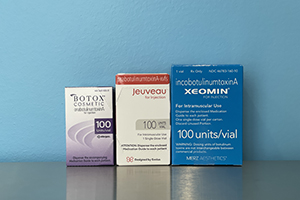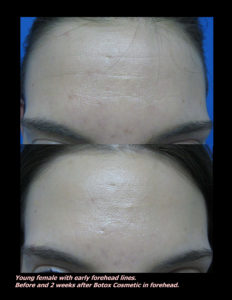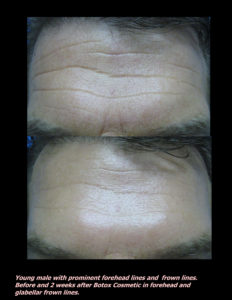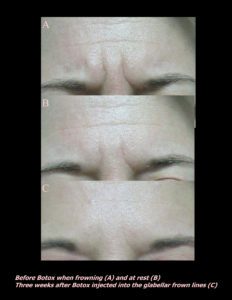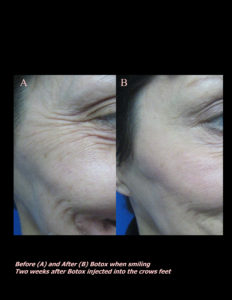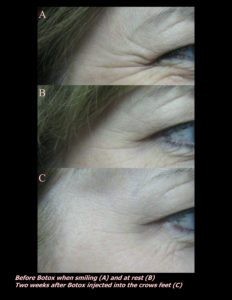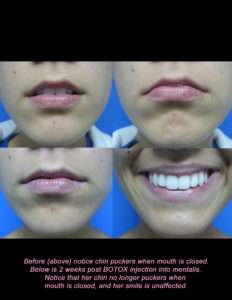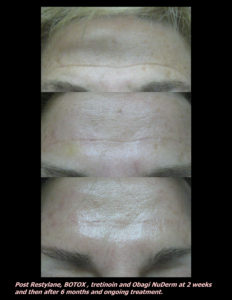This is a common question asked when patients are looking to improve their skin by improving their diet. Unfortunately, there is not a ton of good data looking at long term dietary changes and their impact on our skin. However, I do have some general recommendations for you and skin care suggestions that specifically addresses this issue.
When looking at the effects of sugar on the skin, real scientific evidence has shown that sugar can accelerate skin aging, impair wound healing, and flare some skin conditions such as psoriasis.
For this article we are going to focus on skin aging through a process called Advanced Glycation End Products (AGEs). AGEs affect all levels of the skin leading to increased inflammation, aging, wrinkling and yellowing of the skin. There are over 20 different types of AGEs in the skin, some are there naturally or endogenously, and some can be induced by sugar in our diet and processing of foods. AGEs form during the breakdown of sugar in our body, and negatively impact collage and elastin. They can cause breakdown and cross-linking of collagen leading to less resilient and bouncy skin which can commonly be seen in the aging process.
In foods, the Maillard reaction found with high temperature cooking and browning of foods during the cooking process can also lead to a major source of AGEs in our diet. In addition to dietary sources, AGEs are also increased in the skin of smokers.
In addition to aging, increased levels of AGEs in the skin have been shown to be associated with increased complications from diabetes, worsening psoriasis, lupus and insulin resistance.
I find all of these things fascinating and saddening. Having insulin resistance myself and loving my meat grilled and browned (UGH!), I have lots of AGEs coming my way.
How can we slow down the impact of AGEs on the skin?
-Reduce sugar and processed foods in our diet.
-Avoid dry cooking and high temperature cooking of foods.
-Increase fresh vegetable intake for their lack of AGEs and their presence of antioxidants. While I love fruit, unfortunately there are natural sugars in fruits as well.
-Use a topical antioxidant. My current favorite is Alastin’s Vitamin C serum, but SkinBetter’s Alto Defense and Repair is a close second.
-Years ago, we sold a product called MEG 21 in our office. To my knowledge, it is the only product that specifically targeted AGEs in the skin using their proprietary product, supplamine. While it performed well, it was a small company and a difficult product to get. After a lot of searching online, I reached out their facebook page to see if they are still actively making these products. https://www.facebook.com/megtwentyone/
To my knowledge there are not any other skin care products that specifically focused on AGEs so I’ll keep you posted on the status of MEG 21.
To learn more about this topic I have a few articles for you!
For a very detailed and high level scientific discussion of AGEs in the skin check out this article, which I used as a reference for this post. https://www.ncbi.nlm.nih.gov/pmc/articles/PMC9131003/pdf/fmed-09-837222.pdf
And for more information about the Maillard reaction and its impact on food processing, check this one out. https://www.ncbi.nlm.nih.gov/pmc/articles/PMC4745522/pdf/IJFS2015-526762.pdf
For more information on reducing AGEs in your diet



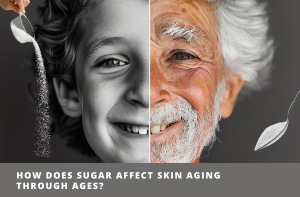


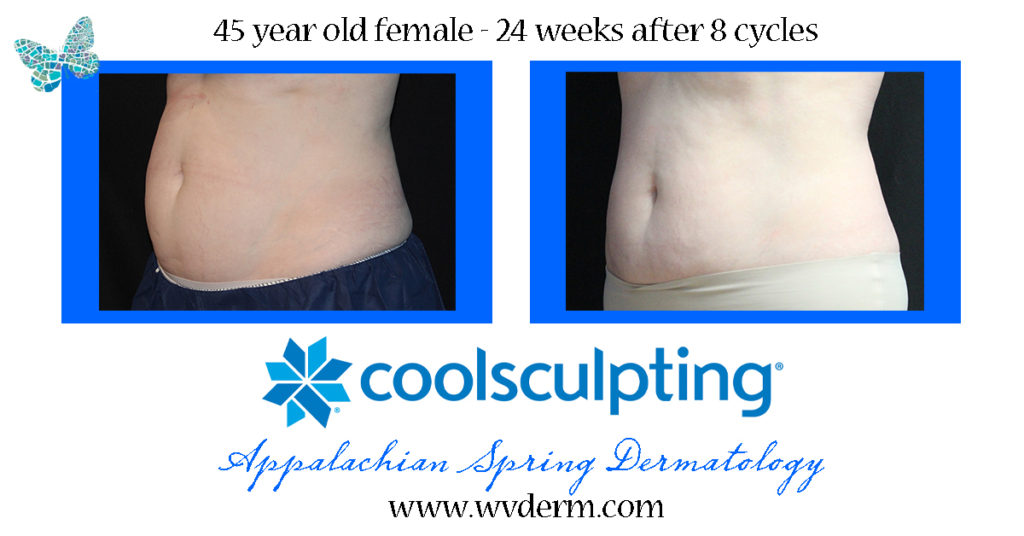
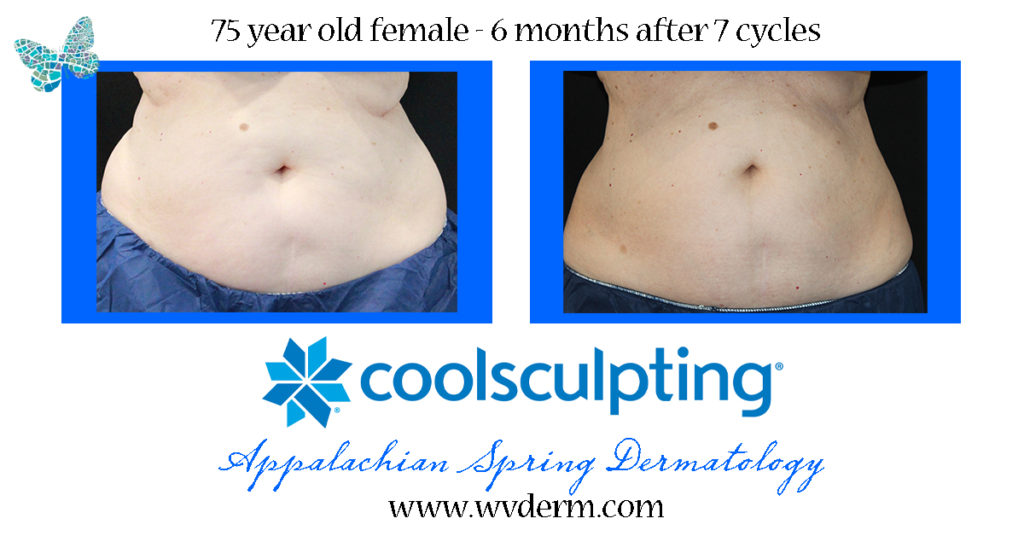

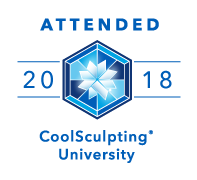
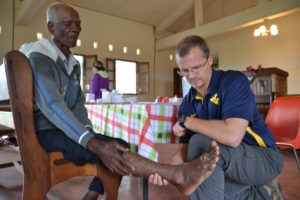


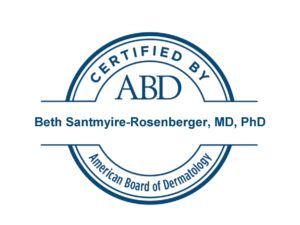

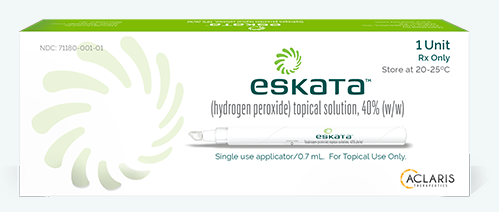

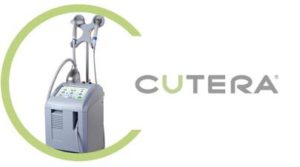 Laser Vein Reduction Treatments
Laser Vein Reduction Treatments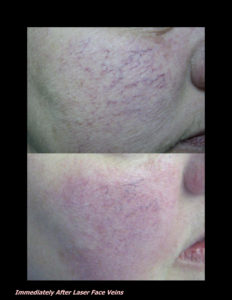
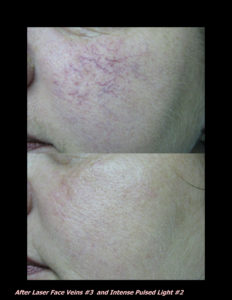
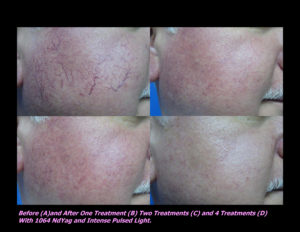
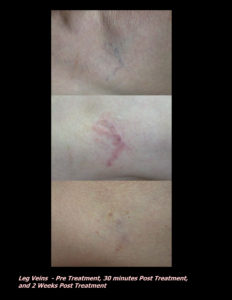
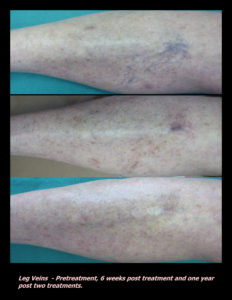
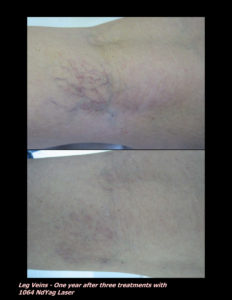
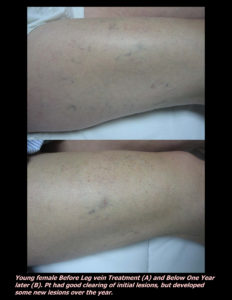
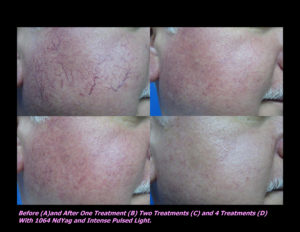
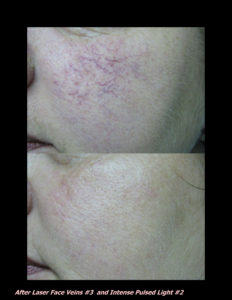

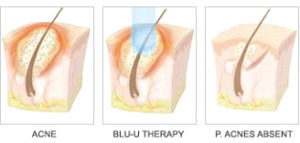
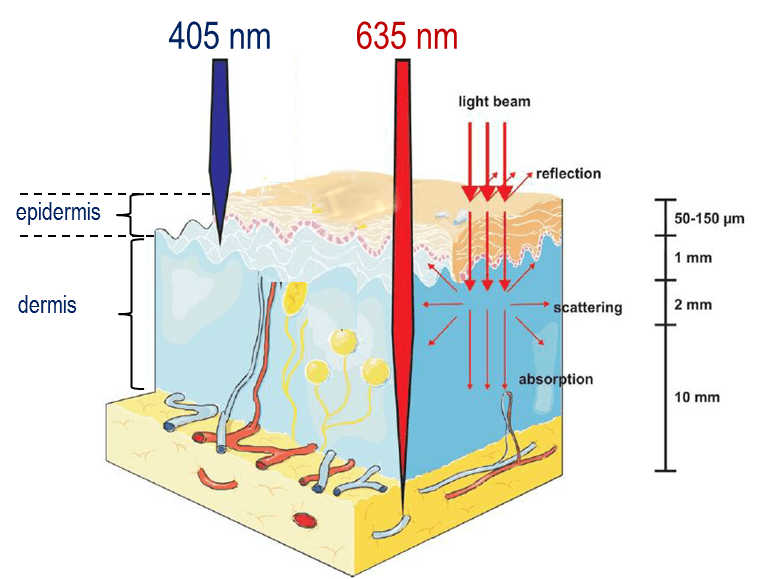
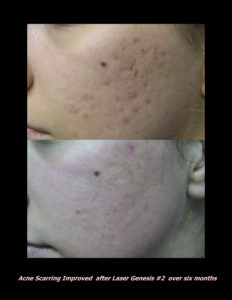
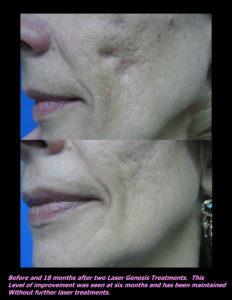


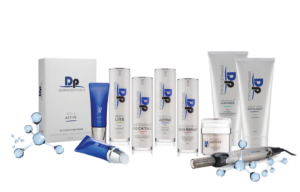 DP Dermaceutical Products
DP Dermaceutical Products